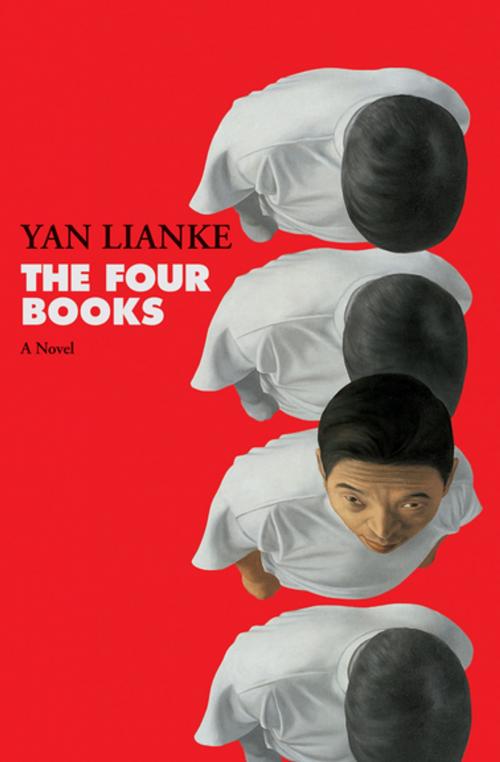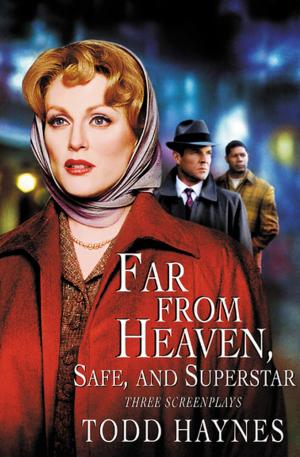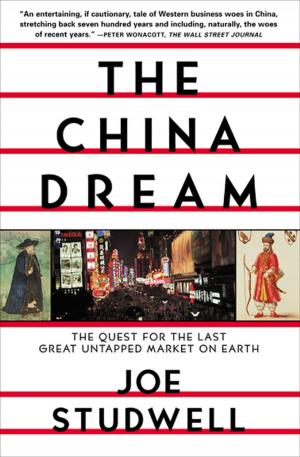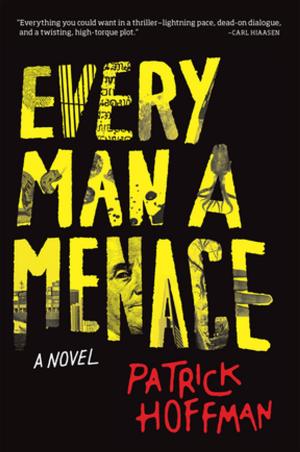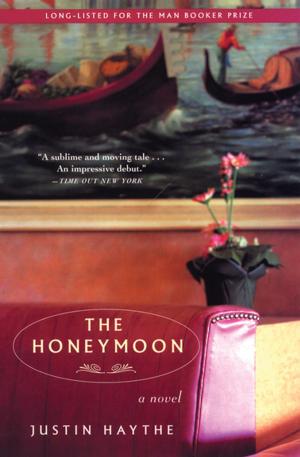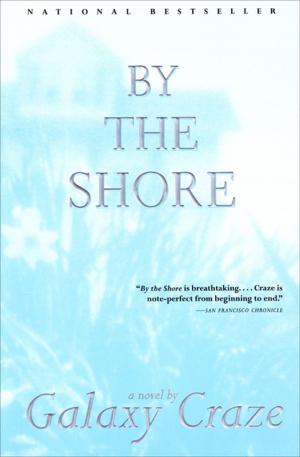| Author: | Yan Lianke | ISBN: | 9780802191878 |
| Publisher: | Grove Atlantic | Publication: | March 3, 2015 |
| Imprint: | Grove Press | Language: | English |
| Author: | Yan Lianke |
| ISBN: | 9780802191878 |
| Publisher: | Grove Atlantic |
| Publication: | March 3, 2015 |
| Imprint: | Grove Press |
| Language: | English |
From the Franz Kafka Prize–winning author of Lenin’s Kiss, a “stupendous and unforgettable” novel of Mao’s China (The Times, London).
In the ninety-ninth district of a re-education compound, freethinking artists and academics are detained to strengthen their loyalty to Communist ideologies. Here, the Musician and her lover, the Scholar, along with the Author and the Theologian, are subjected to grinding physical labor. They are also encouraged to inform on each other’s dissident behavior—for the prize of a chance at freedom.
Their preadolescent supervisor, the Child, delights in reward systems and excessive punishments. But when agricultural and industrial production quotas are raised to an unattainable level, the ninety-ninth district dissolves into lawlessness. As inclement weather and famine set in, the people are abandoned by the regime and left alone to survive.
Set inside a labor camp during Mao’s Great Leap Forward, Booklist calls The Four Books a “rich and complex novel,” from “China’s most heralded and censored modern writer” (The South China Morning Post).
From the Franz Kafka Prize–winning author of Lenin’s Kiss, a “stupendous and unforgettable” novel of Mao’s China (The Times, London).
In the ninety-ninth district of a re-education compound, freethinking artists and academics are detained to strengthen their loyalty to Communist ideologies. Here, the Musician and her lover, the Scholar, along with the Author and the Theologian, are subjected to grinding physical labor. They are also encouraged to inform on each other’s dissident behavior—for the prize of a chance at freedom.
Their preadolescent supervisor, the Child, delights in reward systems and excessive punishments. But when agricultural and industrial production quotas are raised to an unattainable level, the ninety-ninth district dissolves into lawlessness. As inclement weather and famine set in, the people are abandoned by the regime and left alone to survive.
Set inside a labor camp during Mao’s Great Leap Forward, Booklist calls The Four Books a “rich and complex novel,” from “China’s most heralded and censored modern writer” (The South China Morning Post).
